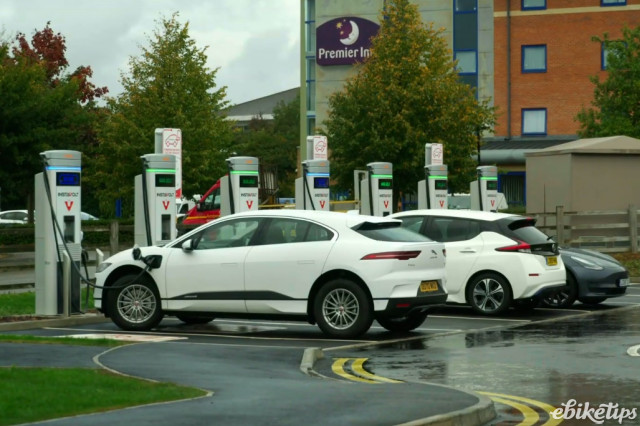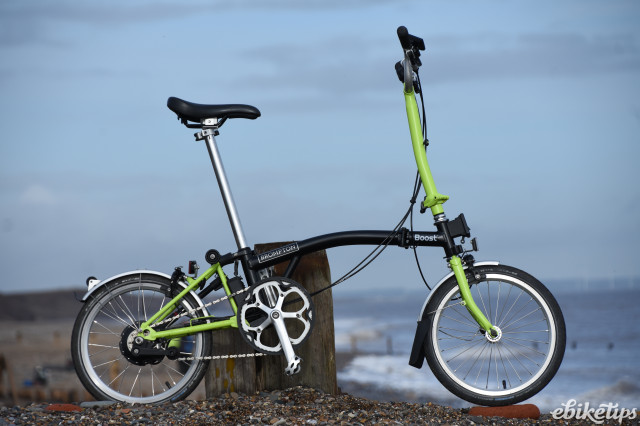Britain’s energy regulator, Ofgem, is to build infrastructure for 3,550 new electric vehicle charge points. The work will support 1,800 new ultra-rapid charge points in motorway service areas and key trunk road locations, plus a further 1,750 charge points in towns and cities.
The UK plans to ban the sale of new petrol and diesel cars from 2030, and to phase out hybrid vehicles from 2035.
Ofgem research has found that almost one in four (24%) consumers plan to buy an electric vehicle or plug-in hybrid in the next five years.
However, while electric car ownership is on the rise, 36% of households that do not intend to get an electric vehicle said they were put off by a lack of charging points near their home.
Jonathan Brearley, chief executive of Ofgem said this week’s £300m down payment was “just the start” of building a greener energy network.
“The payment will support the rapid take-up of electric vehicles which will be vital if Britain is to hit its climate change targets.
“Drivers need to be confident that they can charge their car quickly when they need to. We’re paving the way for the installation of 1,800 ultra-rapid charge points, tripling the number of these public charge points. Drivers will have more charging options for longer journeys.”
The infrastructure work will be carried out over the next two years – although the Guardian reports that the installation and running of the actual charging sites is expected to be put up for tender.
The crucial importance of a widespread charging network was underlined by Ola Electric last month. The Indian firm has plans to produce up to 10 million electric mopeds a year but is acutely aware of the need for infrastructure to support that.
It is therefore looking to set up over 5,000 charging points across 100 Indian cities inside a year – more than doubling the country’s current capacity.
The long-term plan is for the Ola Hypercharger Network to comprise 100,000 charging points across 400 cities.






